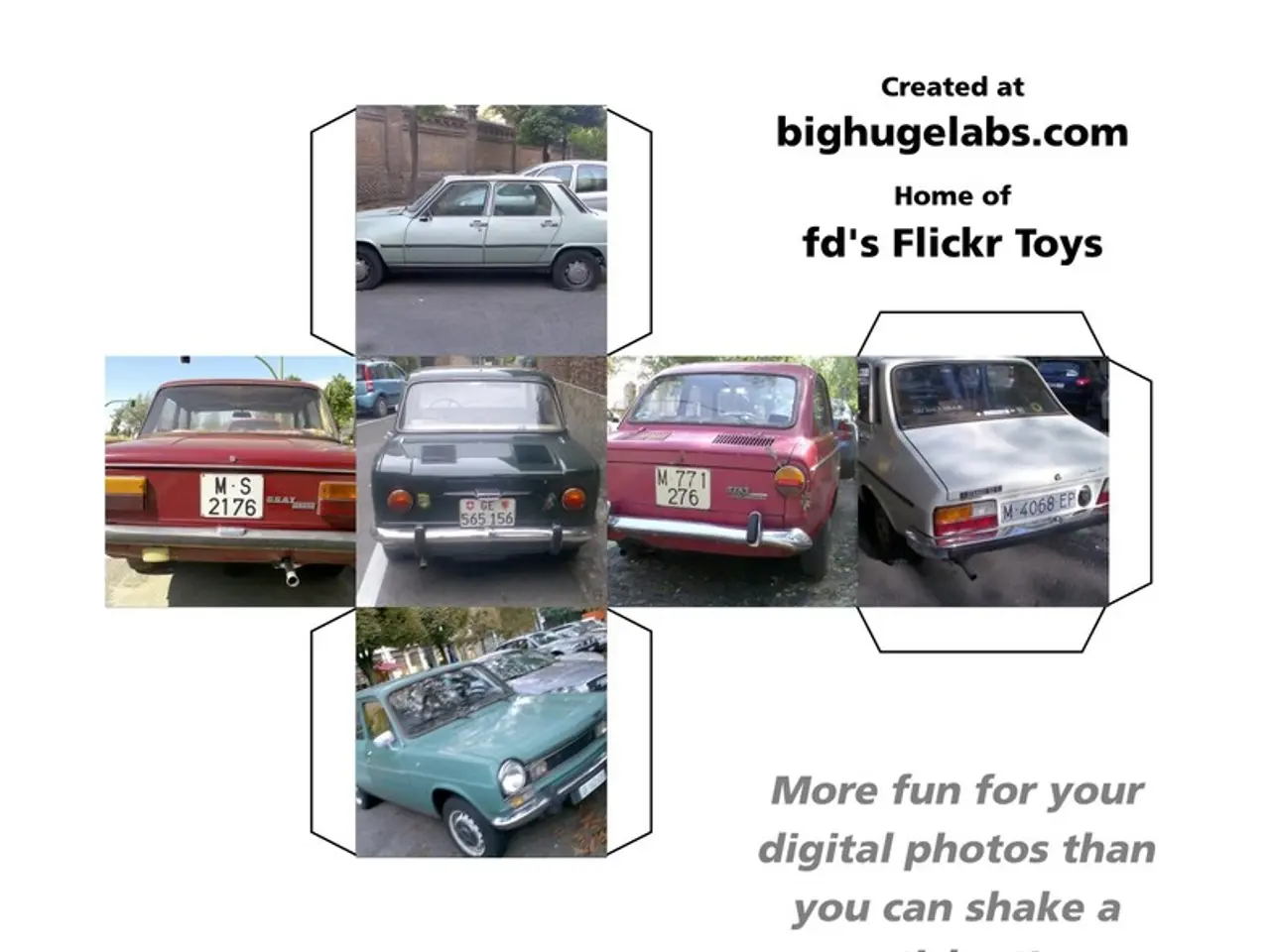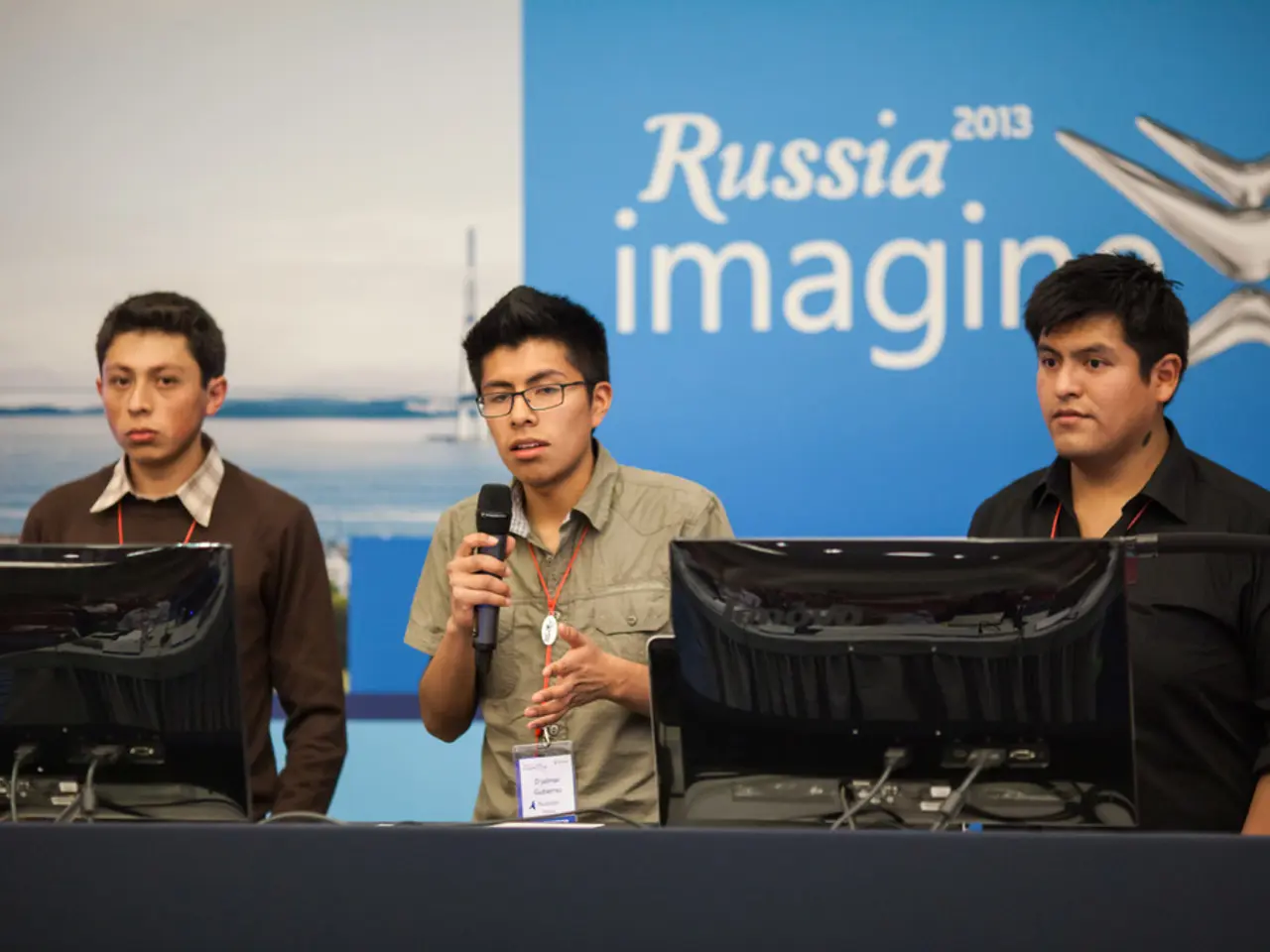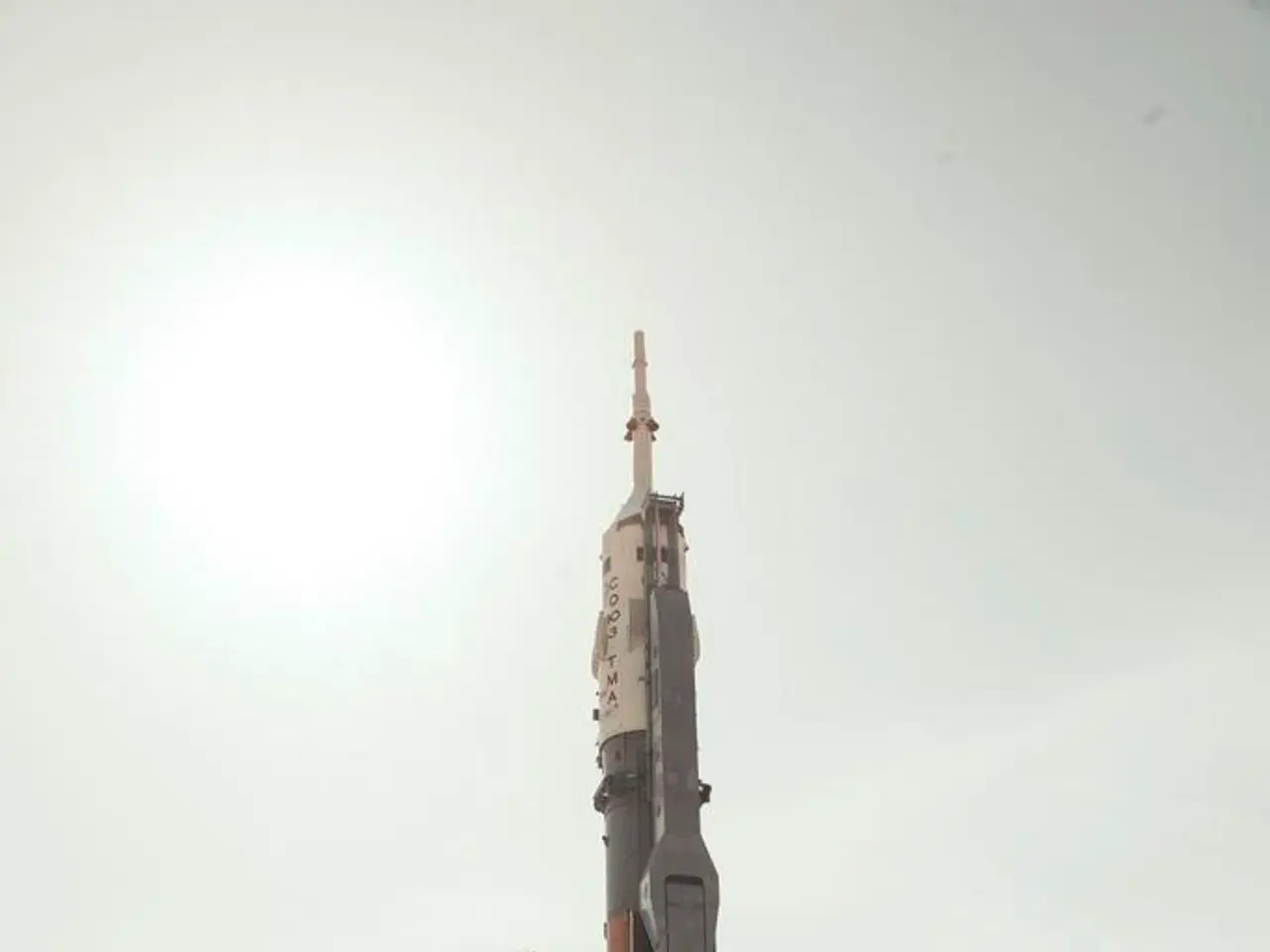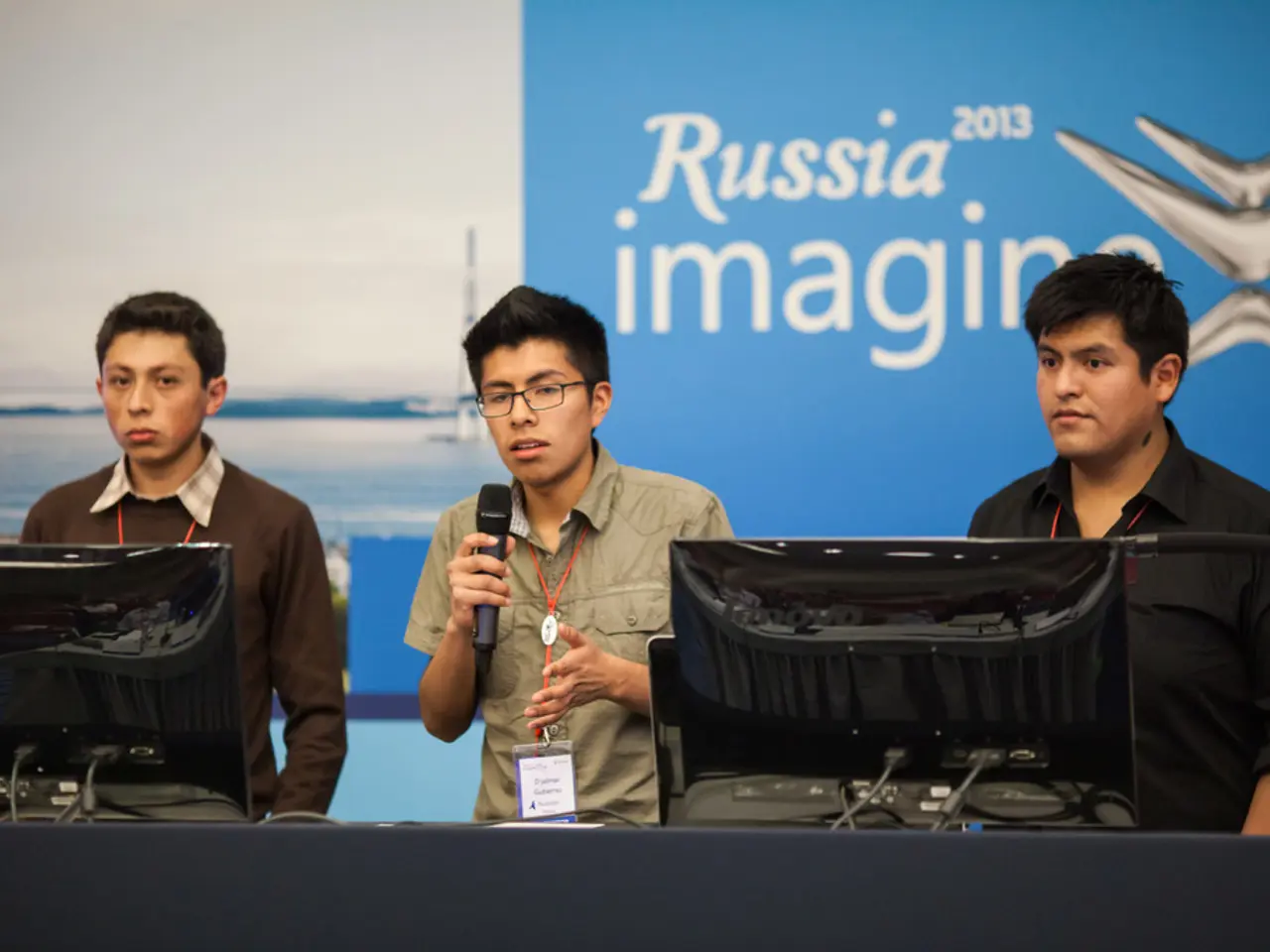Plaintiffs Pursue $345 Million Compensation in Wrongful Death Lawsuit over Tesla Autopilot Incident
In a landmark federal trial, a jury in Florida has awarded $329 million in damages to the family of 22-year-old Nyabel Benavides Leon, who lost her life in a 2019 crash involving a Tesla Model S operating with its Autopilot system.
The accident occurred when the vehicle failed to detect a stationary Chevy Tahoe at an intersection and struck it at nearly 70 mph. The victim's family sued Tesla, alleging that the driver assistance technology was responsible for the accident.
Footage from Tesla's cameras captured the moments of the crash, and the plaintiffs argued that the Autopilot system did not properly identify the substantial profile of the parked SUV, leading to the deadly collision. This case is significant as it is among the first federal trials examining Tesla's Autopilot technology in such a context, potentially setting a precedent for liability in future autonomous or semi-autonomous vehicle incidents.
The plaintiffs, including the Benavides estate and Angulo, argue that Tesla's Autopilot system was defective and deceptively marketed, contributing to the crash. They claim that Tesla encouraged drivers to place too much trust in Autopilot despite limitations that made the system unsuitable for complex driving environments like intersections and local roads.
The trial marked the first time Tesla's Autopilot system has been scrutinized in a federal courtroom before a jury. Judge Beth Bloom allowed the trial to proceed, writing that a reasonable jury could find Tesla acted in reckless disregard of human life.
Plaintiffs' attorneys contend that Tesla, under the leadership of CEO Elon Musk, knowingly overstated the capabilities and safety of its partially automated driving technology. They argue that this overstatement led drivers like George McGee, who was previously charged with careless driving, to rely excessively on the system. McGee was driving the vehicle at the time of the crash, which occurred when he lost control while reaching for a dropped cellphone and accelerated through an intersection at over 60 mph.
Tesla's lawyers emphasized the company's mission to enhance vehicle safety and cautioned that a verdict against Tesla could have a chilling effect on innovation in autonomous technology. They argued that the company provided clear instructions to drivers about the limitations of Autopilot.
Until now, Tesla has generally resolved such cases through settlements or private arbitration. This trial, however, is the first time a jury in federal court is being asked to consider claims related to Tesla's driver-assistance technology, Autopilot. The jury's decision could have far-reaching implications for the broader autonomous vehicle industry.
The crash resulted in one fatality (Naibel Benavides) and serious injuries to another person (Dillon Angulo). Expert witnesses for the plaintiffs presented past statements by Musk and Tesla promoting Autopilot as a near self-driving technology. The jury's decision could potentially set a precedent for future trials involving autonomous vehicle technology.
- The jury's decision in the Florida federal trial could have significant implications for the automotive industry, particularly in the development and marketing of autonomous or semi-autonomous vehicles, such as Tesla's Autopilot system.
- In this landmark case, Tesla's Autopilot system is being scrutinized extensively for its role in a fatal accident, raising questions about technology's responsibility in transportation and the liability of manufacturers for these incidents.
- The plaintiffs in the trial allege that Tesla's Autopilot system is defective and deceptively marketed, creating an environment where drivers mistakenly trust the technology beyond its capabilities, as seen in the case of George McGee.
- This trial, which examines the Autopilot system's role in a deadly crash, marks a significant milestone in the general news and technology sectors, potentially setting a precedent for future crime-and-justice cases related to autonomous vehicle accidents.




